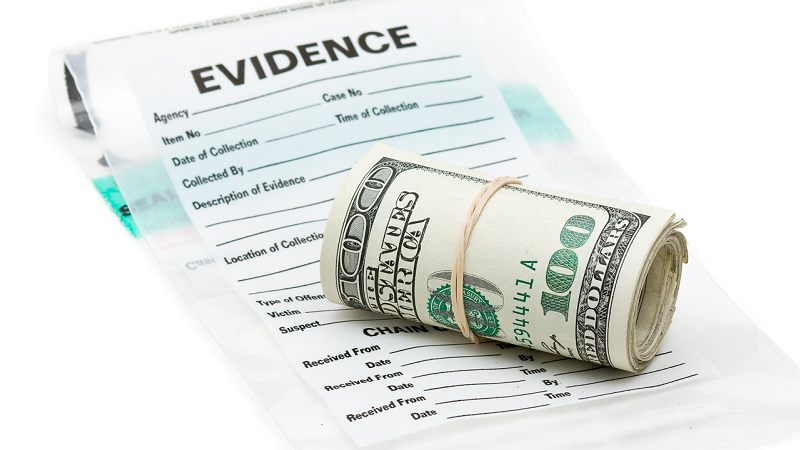🛑 What Is a Motion to Suppress in a Florida Criminal Case?
If you were arrested and the police violated your rights, there’s a powerful legal tool that could change everything: a motion to suppress.
A motion to suppress challenges the constitutionality of the police’s actions. If the court agrees your rights were violated, it can exclude the evidence from trial—sometimes resulting in the entire case being dismissed.
⚖️ What Is a Motion to Suppress?
A motion to suppress is a formal request asking the court to exclude evidence obtained through unlawful or unconstitutional police conduct. If the police didn’t follow proper legal procedures—like getting a warrant or respecting your Fourth Amendment rights—then the evidence they collected may be inadmissible.
🎯 Bottom line: If the evidence is tossed, the prosecution may no longer have a case.
🚨 Common Reasons to File a Motion to Suppress
Some of the most common constitutional violations include:

- 🚔 Unlawful traffic stops
- 🔍 Searches without a warrant or valid exception
- 🧍♂️ Unjustified pat-downs or frisks
- 🏠 Searches of your home or vehicle without consent or probable cause
- 🎙️ Statements made without Miranda warnings
If any of these apply, your lawyer may file a motion to suppress to challenge the evidence in court.
📂 Real-World Example: How Suppressing Evidence Can Win a Case
magine police pull you over for a minor traffic violation in Fort Lauderdale, but then search your car without consent or probable cause—and find drugs.
If the defense proves the stop or search was unconstitutional, the drugs may be excluded from evidence, making it impossible for the State to proceed with prosecution.
🧑⚖️ What Happens During a Motion to Suppress Hearing?
If your attorney files a motion to suppress, the court will hold a hearing where:
- The State must justify how evidence was obtained
- Your attorney may cross-examine the officers
- The judge will decide whether to exclude the evidence
This is often one of the most critical stages in a criminal case—and can mean the difference between conviction and dismissal.
Understanding Motions to Suppress in Florida Criminal Cases
Do You or a Loved One Have a Pending Criminal Case in Fort Lauderdale or South Florida?

📍 Why Fort Lauderdale Defendants Need an Experienced Defense Lawyer
In Florida, every detail matters. An experienced criminal defense lawyer will:
- Analyze your arrest for constitutional violations
- File a properly argued motion to suppress
- Fight to keep illegally obtained evidence out of court
- Challenge police conduct through expert cross-examination
📞 Call Michael White, P.A. at (954) 710-0925 for a free consultation. We’ll evaluate whether your rights were violated—and if so, take action to protect you.
💬 FAQs About Motions to Suppress in Florida
Q: What’s the difference between a motion to suppress and a motion to dismiss?
A: A motion to suppress excludes evidence; a motion to dismiss tries to throw out the case entirely. Sometimes, suppressing evidence leads to a dismissal.
Q: Will the judge always grant a motion to suppress?
A: No—it depends on the strength of your argument and evidence. That’s why it’s essential to have an experienced defense attorney handle it.
Q: Can I file a motion to suppress after I’ve already been charged?
A: Yes. In fact, motions to suppress are commonly filed after arraignment but before trial begins.



